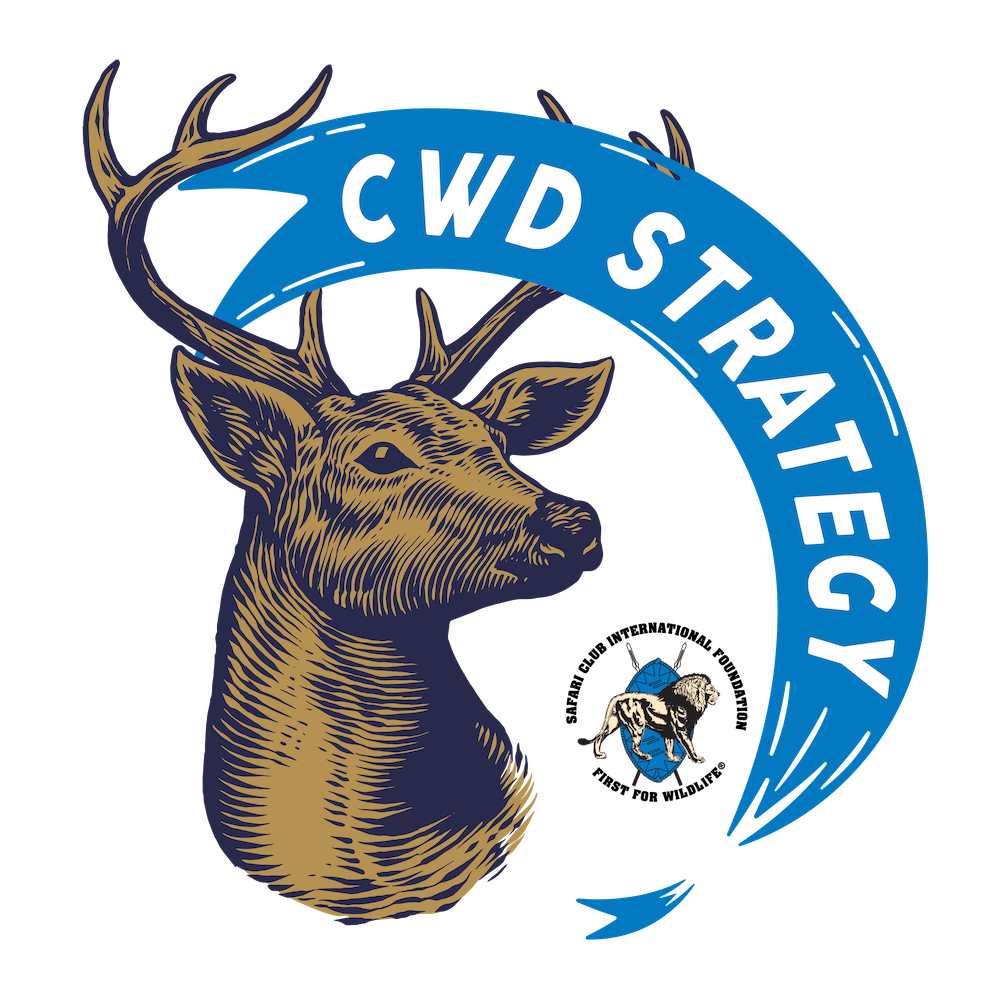
Chronic Wasting Disease Represents A Fundamental Threat To The North American Model of Wildlife Management
Over 80% of American hunters pursue big game and the species affected by CWD, including white-tailed deer, mule deer, elk and moose. The potential for concerns about the human health impacts of CWD or from declining populations of susceptible species would undermine the funding and participation models that underlie wildlife management in the United States.
Deer hunters are important to SCI and SCI Foundation. SCI Foundation has the experience and expertise to be a contributor to understanding and addressing CWD and its impacts.
But we need your help.
FACT:
Chronic Wasting Disease (CWD) is the most important wildlife disease issue facing big-game species in North America today. Over 8.1 million hunters pursued white-tailed deer in 2016.
Project Prospectus
SCIF has thoroughly reviewed the data and management needs related to CWD and identified areas that have direct implications for hunters.
The goals for the SCIF CWD Strategy include:
- Assess the risks of various practices and activities for spread or increased prevalence of CWD. States and provinces have implemented a variety of management practices and policies in attempts to slow the disease, including baiting and feeding, bans on urine-based lures, increased harvest of certain age and sex classes of deer, and guidelines/restrictions on movement and disposal of carcasses. In most cases these policies are not based on any any quantitative assessment of the benefits (in the form of decreased prevalence or risk of CWD introduction) or costs (e.g., the cost to rural economies from baiting bans or to hunter satisfaction if they cannot transport meat or a trophy). Decisions about controversial and impactful policies like these require better information than is currently available.
- Determine viable strategies to mitigate the impacts of CWD on hunter participation through education and outreach.
- Develop a rapid and less expensive postmortem test for CWD to ease the financial burden for states from testing and possible human health risks to hunters.
